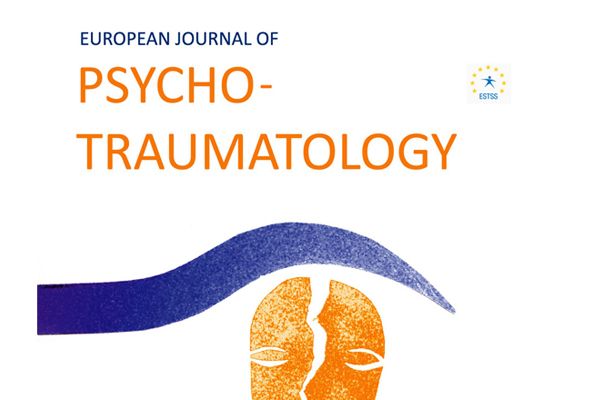11 februari 2020
European Journal of Psychotraumatology
Patrick Lorenz, Lena Schindler, Susann Steudte-Schmiedgen, Kerstin Weidner, Clemens Kirschbaum & Julia Schellong
Background: It is well known from cross-sectional studies that individual coping strategies significantly influence the pathogenesis of posttraumatic stress disorder (PTSD). Equally undisputed is the role of biological processes, e.g., of the so-called ‘stress hormone’ cortisol for the trajectory of PTSD. Ecological momentary assessment (EMA), the repeated collection of self-reported momentary states via smartphones, is ideal for shedding light upon symptom fluctuations and coping strategies. EMA may also constitute a promising approach to provide closer associations to biomarkers than retrospective self-report. The mobile application ‘CoachPTBS’, created to facilitate transition into health care systems, bridges waiting periods for trauma-specific psychotherapy. CoachPTBS offers tools akin to EMA that could elucidate coping with stress symptoms. Moreover, the app’s self-management tools may improve coping strategies. However, these processes have never been examined in a combined, longitudinal fashion.
Objective: The aim of the current study is to assess symptom fluctuations, coping strategies and long-term endocrine correlates of PTSD by a longitudinal, multimodal approach, combining traditional, online and EMA self-report with hair cortisol data and CoachPTBS as a possible novel mHealth tool.
Methods: 120 participants waiting for PTSD psychotherapy will be randomly grouped. After in-situ assessment and hair sample collection, 40 will receive CoachPTBS, using it daily throughout four weeks. A parallel group of 40 will participate in EMA, completing daily questionnaires on symptoms and coping. In between, online surveys will be conducted. After six weeks, a final interview and another hair sample collection will follow. Comparisons between these groups and waitlist-control, also consisting of 40 PTSD participants, and 40 non-traumatized participants assessed via EMA regarding aversive emotions and coping are planned.
Discussion: Novel insights into the interplay of biological and coping strategies in PTSD are expected due to the innovative multimodal study design. Results will further explore benefits of eHealth tools on coping with PTSD.
Keywords: posttraumatic stress disorder; eHealth; Ecological Momentary Assessment; mHealth; coping; hair cortisol
Received 23 Jul 2019, Accepted 26 Jul 2019, Published online: 05 Sep 2019

Het European Journal of Psychotraumatology (EJPT) is een peer-reviewed, interdisciplinair wetenschappelijk tijdschrift dat deel uitmaakt van de European Society for Traumatic Stress Studies (ESTSS).
Het EJPT heeft als doel om wetenschappers, behandelaren en experts te betrekken bij de belangrijkste vraagstukken rond stress en trauma, waaronder individuele gebeurtenissen, herhaalde of chronische trauma's, grootschalige rampen en geweld.

